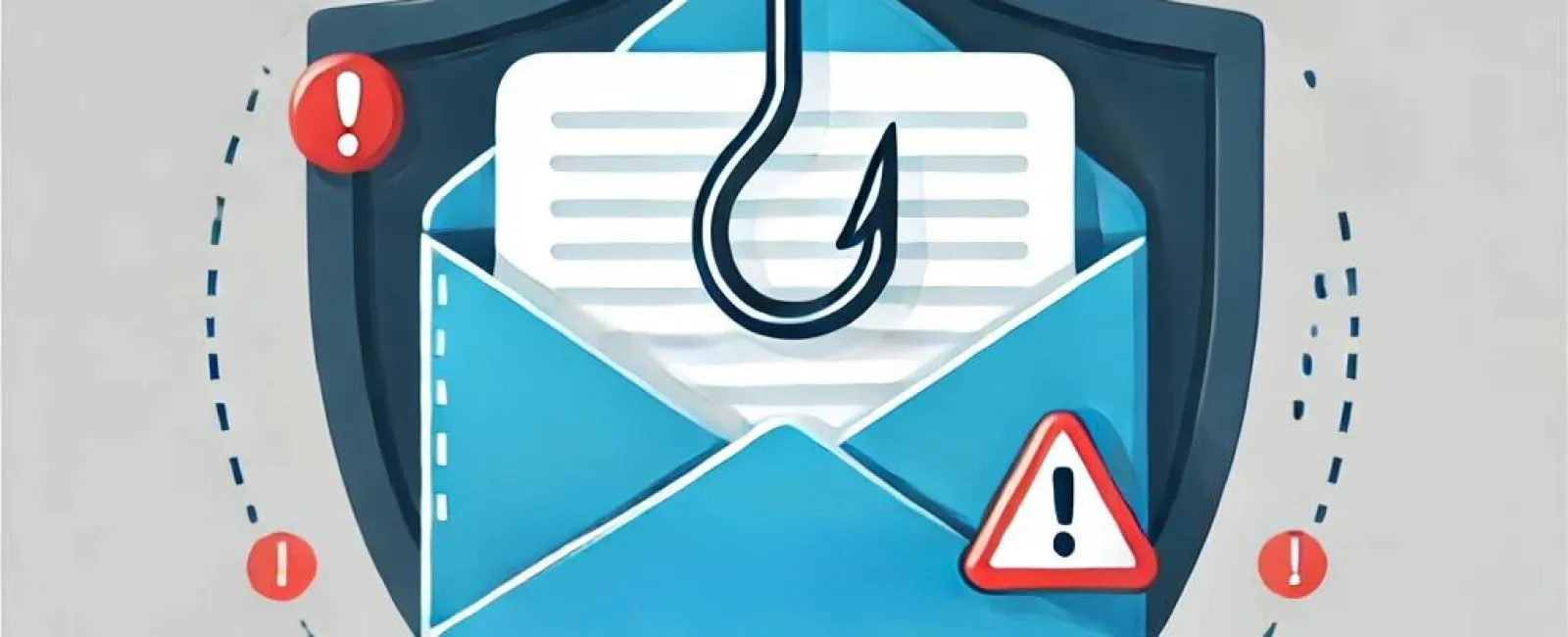Phishing attacks are the most prevalent form of cybercrime for a simple reason: they work. Every day, over 3.4 billion spam emails flood unsuspecting users' inboxes. Phishing emails have consistently been the most frequent type of attack due to their ease of implementation, scalability, and effectiveness in deceiving people. The advent of AI tools like ChatGPT has made it even simpler for cybercriminals to craft emails that appear to be from genuine human sources rather than bots or scammers. If you're not vigilant, the consequences of phishing scams can be severe.
In recognition of Cybersecurity Awareness Month, and given that phishing emails are a leading cause of cyberattacks, we've put together this straightforward guide to help you and your team identify phishing emails and understand the importance of doing so.
What Can Happen? Four Major Risks of Phishing Attacks:
1. Data Breaches
Phishing attacks can expose your organization's sensitive data to cybercriminals. Once exposed, hackers can sell this information on the dark web or hold it for ransom, demanding significant sums for its return—though they often don't return it. This can lead to financial and legal repercussions, damage to your reputation, and loss of customer trust.
2. Financial Loss
Cybercriminals frequently use phishing emails to directly steal money from businesses. This can occur through fraudulent invoices or unauthorized transactions, directly affecting your financial health.
3. Malware Infections
Phishing emails can contain malicious attachments or links that, when clicked, infect your systems with malware. This can disrupt operations, result in data loss, and necessitate costly remediation efforts.
4. Compromised Accounts
When employees fall for phishing scams, their accounts can be compromised. Attackers can then use these accounts to launch further attacks or gain unauthorized access to sensitive company data.
These are just a few of the dangers associated with phishing attacks. However, there are steps you can take to avoid becoming a victim.
The S.E.C.U.R.E. Method for Identifying Phishing Emails:
- S - Start With The Subject Line: Is it unusual? (e.g., "FWD: FWD: FWD: review immediately")
- E - Examine The Email Address: Do you recognize the sender? Is the email address unusual or incorrect? (e.g., spelled differently or from an unknown source)
- C - Consider The Greeting: Is the salutation unusual or generic? (e.g., "Hello Ma'am!")
- U - Unpack The Message: Is there a sense of extreme urgency to click a link, download an attachment, or act on an offer that seems too good to be true?
- R - Review For Errors: Are there grammatical mistakes or odd misspellings?
- E - Evaluate Links And Attachments: Hover over links before clicking to check the address, and avoid opening attachments from unknown or unexpected sources.
Additionally, it's crucial to have a cybersecurity expert monitor your network and eliminate email spam before your employees can make a mistake. Ensure you are taking the necessary precautions to protect your network. Phishing attacks are effective and frequent. Don't let yourself be the next victim.
If you need help training your team on
cybersecurity best practices or implementing a robust cybersecurity system, or
just want a second set of eyes to examine what you currently have in place and
assess if there are any vulnerabilities, we are ready to help. Call us at 954-327-1001 or click here to
book a consult with our team.





